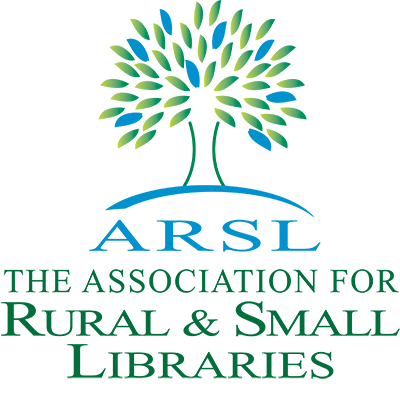|
Written by ARSL Advocacy Committee
|
|
Wednesday, March 15, 2023 12:01 PM |
|
Building relationships and support for your library starts with introducing yourself to your elected officials. Remember, they are serving a lot of people, so the more positive the relationship you build the more likely the position you would like to advocate for will be remembered when it’s time for them to vote. Introduce yourself, follow up, set up a meeting when possible, and remember that a good relationship with their office staff can be an equally important bridge to build, not burn.
Scheduling a Meeting
- If you schedule a more in-depth meeting, you will be going through their staff office.
- Call the staff office instead of sending an email, it is easier to find an acceptable date, time, and location and harder for them to avoid the meeting if you have them on the phone.
- Make sure you have a brief description of what you would like to discuss so the staff can prepare information for the legislator.
- If you are going as part of a group, make sure you (a) let the staff know that and (b) keep the group down to 3-4 people. You want to make sure everyone has a chance to contribute to the message, but having one spokesperson helps everyone stay focused.
Meeting With Legislative Staff
- Senior staff have the power of access. They are the gatekeepers of the legislators they work for and may be the person you initially meet with and can be powerful allies in getting your concerns to the top of their legislators' priority lists. Treat them with the respect you would treat the legislator.
- Building a relationship with the staff members can be very helpful if you haven’t established one with the legislator.
- Senior staff are able to give more time and attention to issues.
- Meeting at a district office can be less stressful than at the Capitol for everyone involved.
Introducing Yourself/Meeting in-person
- Bring a teenage volunteer or program attendee. Legislators are always happy to see youth who are engaged in civic action, and recognize the power of future voters. It shows teens that you respect them and what they have to say matters. [This might seem a bit nuts, but it works on so many levels. It gives the teen a chance to see how government works, learn that legislators are just people too and they should be able to have a conversation with anyone. On the other side, it shows the legislators that the library has a strong relationship with young adults, who are the ones that will be voting in the near future.
- Send an introductory letter or email before you meet them. They and their staff keep track of all correspondence in some way. Refer to your introduction when you meet them in person.
- Remember they are just people. They live in your area and have concerns, you may have things in common that you can build upon.
- Before you meet, do your research. Find out what issues are important to them and how they vote and keep it in mind when you are talking to them.
- First impressions do matter. When you meet them, make sure you make eye contact, offer a firm handshake, and let them know where you live and what group you are representing.
- Be positive and focused. Practice a brief speech, even just once, so you are comfortable with the words and the flow.
- Tell them the story about why the issue is important. Tell them how this affects you and your community.
- Ask about them. Find out who they are, why they chose to be a legislator, or what they would like to achieve during their term. Remember, they are just people.
- Always thank them for their time. Follow up with a written thank you, too.
Building & Sustaining the Relationship
- This needs to be throughout the year, not just at legislative time.
- Invite your representatives to your library for a tour, host an open house and invite them.
- Keep extending those invitations because eventually they will come!
|



